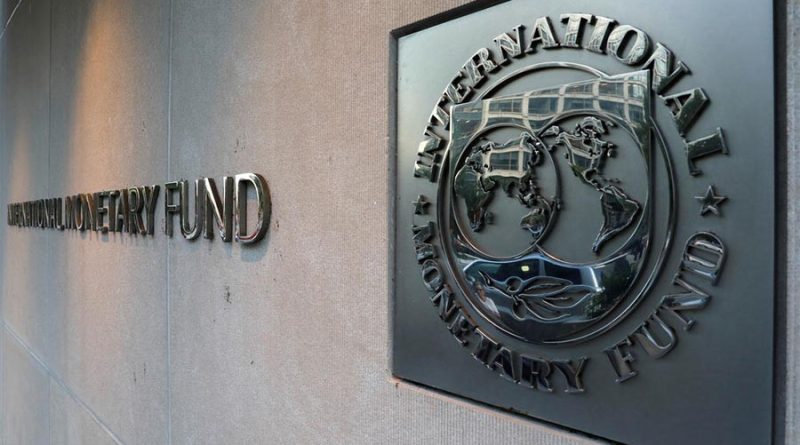Bangladesh’s next installment of the International Monetary Fund’s (IMF) $5.5 billion loan is hanging in the balance, with the global lender reportedly dissatisfied over stalled banking reforms and delays in addressing troubled banks.
Officials confirmed Tuesday that the IMF may hold back the upcoming tranche—worth around $450 million—originally scheduled for release by December. The fund’s concerns stem from what it views as the government’s “inaction” on weak banks and slow progress in implementing mergers and recapitalisation plans.
An official who recently attended a bilateral meeting with IMF executives in Washington said the lender welcomed Dhaka’s move to merge five commercial banks but expressed disappointment over the lack of progress on major problem banks, including Islami Bank Bangladesh Limited (IBBL) and United Commercial Bank (UCB).
The Bangladesh delegation, led by Finance Adviser Dr Salehuddin Ahmed, met IMF Asia-Pacific heads during the IMF–World Bank Annual Meetings in Washington earlier this month.
An IMF mission arrives in Dhaka today (October 29) for a two-week review of Bangladesh’s financial and economic performance under the $5.5 billion Extended Credit Facility. The review will determine whether the country has met the required reform benchmarks to unlock the sixth tranche.
According to the Ministry of Finance, the tranche was expected by December, but the release may now be delayed due to unmet conditions in the banking sector and other reform areas. “We will try to convince the visiting IMF mission about the progress in resolving issues with the troubled banks,” said a senior ministry official. “We still hope to get the tranche within the deadline.”
The IMF originally approved a $4.7 billion programme in January 2023, later extending it by six months and adding $800 million, bringing the total to $5.5 billion. So far, Bangladesh has received $3.6 billion.
To access the next installment, the government must meet six Quantitative Performance Criteria (QPCs), three of which were added in May 2025. These include improving bank balance sheets, strengthening governance, and ensuring transparency in financial reporting.
During discussions, Bangladesh informed the IMF about the ongoing merger of five Islamic Shariah-based banks—First Security Islami Bank, Union Bank, Global Islami Bank, Social Islami Bank, and Exim Bank—into a new state-controlled entity. However, ICB Islamic Bank was excluded due to foreign ownership issues.
The IMF was also briefed on a recent Tk 20 billion capital injection into IBBL by a shareholder, which officials claimed has improved the bank’s liquidity position. Despite this, IMF representatives remained unconvinced, citing the need for more concrete restructuring steps.
Earlier, asset quality reviews conducted by Ernst & Young and KPMG—funded by the Asian Development Bank—found several banks in far worse condition than previously reported, with default loans up to four times higher than official figures.
A second phase of reviews covering 11 more banks, funded by the World Bank, is now underway. The IMF is expected to evaluate these findings closely before approving the next loan disbursement.
As Bangladesh faces tightening fiscal conditions and mounting financial sector stress, the outcome of this IMF review could prove crucial for maintaining external financing and investor confidence.






